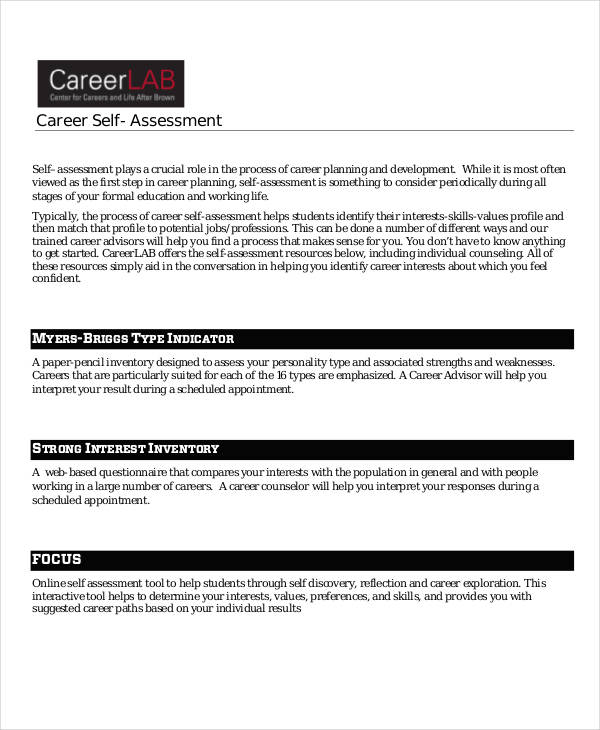
You can plan your career by creating a list of values and a plan that will help you grow professionally. You can begin looking for work that matches your values once you have created a list. This is a great way to increase self-esteem and improve your chances of finding the perfect job.
Self-nomination
One of the key career planning strategies for developing new opportunities at work is self-nomination. It involves telling your superiors your accomplishments and desired assignments. This increases your visibility to senior managers, and can increase your chances for special assignments and sponsorship. Networking is another important career planning strategy. This involves finding and communicating with others within your organization that share your goals and interests.
Update your CV before you apply for nominations. If you are not able to update your CV quickly, it is a good idea for you to keep it in a folder. That way you can easily withdraw when the nomination slip arrives. Next, you will need to prepare a letter introducing yourself. The letter should briefly outline your personal goals as well as your relationship with the nominee.
Networking
Networking as part of career planning strategies is important because it can lead to new opportunities. No matter what your industry, networking can help to find new contacts and clients that will help you in your career. The key is to network with people who share your interests and are willing to help you.

As a career professional you can leverage networking to meet new people, gain visibility with senior managers and build relationships. It can also help you develop new areas of expertise or improve your soft skills.
Learn new skills
The best way to move up in your career is to learn new skills. Each person has their own set of skills and talents. These skills can be enhanced by further education and more experience. The more you know and have the ability to use them, the more you are valuable on the job-market.
You may be able to increase your employability, which can lead directly to a promotion. It's a great way of building networks. You should join associations that are related to your chosen field. These organizations may be state, national, or even international. These groups may also offer mentorship opportunities.
Attitudinal syndromes
A person's attitude can impact the quality and effectiveness of their career planning strategies. Participants who are afraid of failing or feel like they are being manipulated by others will be less satisfied with their career. These feelings can inhibit leadership motivation and reduce the effectiveness of career planning strategies.
Earlier studies have reported a strong association between impostor feelings and low self-esteem. Low self-esteem is more likely than high self-esteem to experience impostor syndromes. In addition, this syndrome is exacerbated by the evaluative culture at universities. In order to build a strong foundation for their future career, students are often required to obtain high grades and pass exams.

Self-assessment
Self-assessment helps job candidates evaluate their performance. It allows them to develop strategies and set goals based on their skills and strengths. Sometimes, recognition can come from a boss. Employers appreciate employees who are honest about their performance and work hard to improve it.
The self-assessment helps individuals to identify career opportunities. The interests and skills section can help identify Organizations that are doing the type of work they are interested in. The Organizational Environment area can be found by looking at their website or by conducting an informational interview with an employee.